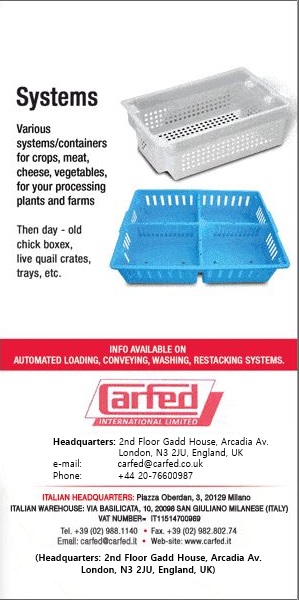Significant investment is needed to reduce lifecycle carbon impacts and redesigning is the opportunity to clean up plastic packaging as sector GHG emissions are predicted to rise 75%, says Woodmac
Plastic pollution caught and maintained the world’s attention in the mid-2010s as images of marine environments ravaged by deposits of disposed of plastic led global governments and corporations to commit to improving the circular plastic economy, according to a report by Wood Mackenzie (Woodmac), a global energy, chemicals, renewables, metals and mining research and consultancy group.
Woodmac opines that the packaging industry has embarked on a transformative journey according to the company with a range of initiatives designed to increase the sustainability of the plastics value chain – from virgin plastic to the ongoing recycling of those elements with longer potential life. While recycling emerged as a front-runner for effective end-of-life treatment of plastics, a comprehensive solution requires a step-change in how brands and consumers think about the role of packaging in the first place.
Wood Mackenzies model shows that the plastic sector GHG emissions will rise by 75% by 2050. Polymers currently account for ~4% of energy-related emissions. While the value chain will become more carbon-efficient, robust demand growth will result in 48 gigatonnes of emissions by the looming deadline of the Paris Agreement.
The packaging sector is beginning to explore new solutions to reduce plastic consumption. In this Circular Plastic Packaging Report, Wood Mackenzie leverages its ‘Material Applications Platform’ to simulate a scenario in which the industry seeks to redesign its approach towards packaging.
Andrew Brown, head of plastic and recycling research at Wood Mackenzie, said, “This ‘packaging redesigned’ scenario reflects our view of an aggressive approach towards adopting new technologies and business models with three main principles guiding the effort: elimination, substitution and reuse.
“Rigid packaging applications are most impacted by redesign models. In this scenario, bottles, for example, would consume about 16% less plastic each year than otherwise forecast, while other rigid applications may see 14% of annual demand displaced by 2040.”
If the industry fails to pick up the redesign baton, Wood Mackenzie estimates that plastic packaging demand will more than double by 2050 – driven largely by an emerging middle class in developing Asian and African economies.
Olivia Loa, a polymer sustainability analyst at Wood Mackenzie, said, “Recycling will play an important role in meeting rising demand while reducing the environmental impacts of the packaging sector. Bottle recycling rates are expected to rise from just below 50% globally in 2020 to 67% in 2040. However, it won’t be sufficient to achieve the gains required, and if the industry is unable to grasp the nettle an increasingly stringent regulatory response to driving change is the most likely outcome.
The report further emphasises that suppressing demand through packaging redesign, increased recycling and sourcing low carbon power will be absolutely key to mitigating base-case emissions growth – and value chain collaboration is vital to address the challenge systematically.













